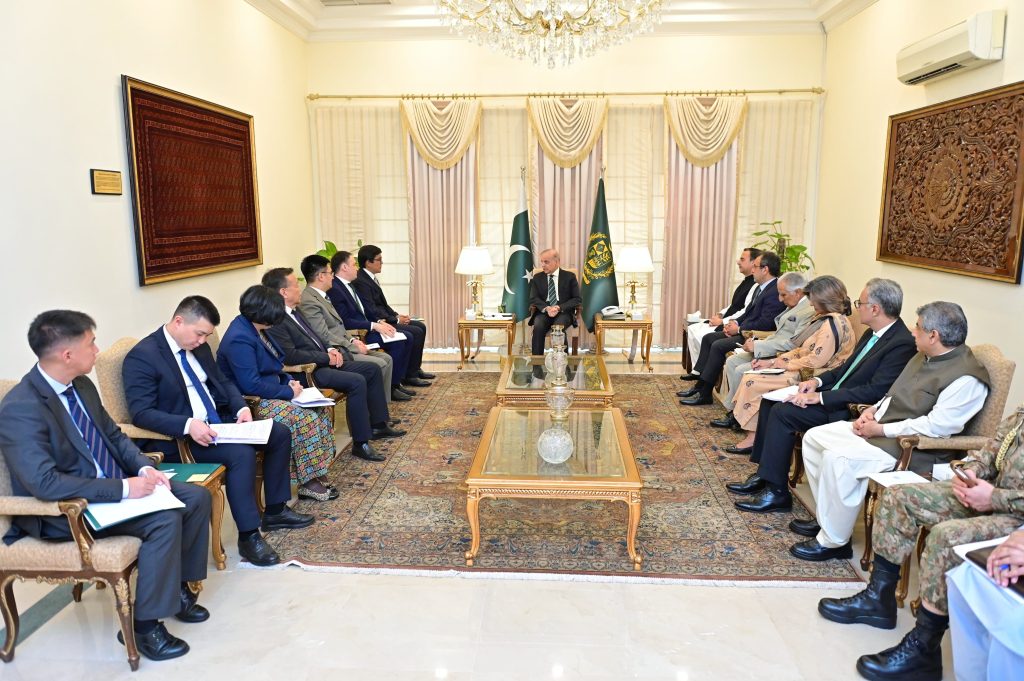Pakistan and Kyrgyzstan have committed to significantly enhancing their bilateral trade volume to USD 100 million, following a sharp decline from USD 11.2 million in 2022–23 to USD 5.18 million in 2024–25. The declaration came during the 5th Session of the Pakistan‑Kyrgyzstan Inter‑Governmental Commission (IGC) held in Islamabad, co‑chaired by Energy Minister Awais Leghari and Deputy Cabinet Chairman of Kyrgyzstan Edil Baisalov.
To achieve this goal, both countries signed several strategic MoUs to deepen cooperation across sectors such as:
- Trade standards and quality control via partnerships between the PSQCA and Kyrgyzstan’s Standardization & Metrology Center
- Bilateral investment promotion through agreements connecting Pakistan’s Board of Investment and Kyrgyzstan’s National Investments Agency
- Development of Halal trade ties between Pakistan’s Halal Authority and Kyrgyzstan’s industry center
Priorities also included energy collaboration, with Kyrgyzstan proposing involvement in a China–Kyrgyzstan–Pakistan transmission line. Discussions further covered cooperation in renewable energy, hydrocarbons, and mining, and institutional linkages between Pakistan’s Hydrocarbon Development Institute and Kyrgyz State Technical University.
Connectivity initiatives are central to the cooperation agenda. Both sides committed to enhancing postal, civil aviation, cargo, and rail transport routes, while Pakistan proposed regular flights between the countries (via China) and involvement in a Pakistan‑Kyrgyz high-speed fiber-optic corridor.
In the finance sector, national banks agreed on collaboration in Islamic banking, financial innovation, and capacity-building via training programs facilitated by Pakistan’s banking institute.
The health and pharmaceutical sectors emerged as key areas for expansion. Pakistan has offered to facilitate licensing of medicines in Kyrgyzstan, support vaccine production, and streamline public procurement access. Education, scientific cooperation, and labor mobility were also prioritized with plans for joint academic exchange and workforce collaboration.
Cultural exchange and tourism promotion stood out as pathways for stronger people-to-people links. Both countries pledged to support media collaboration, sports, and artistic partnerships, while finalizing MoUs in tourism and hospitality.
Finally, Kyrgyzstan offered logistics access via its At-Bashi center to Pakistan’s National Logistics Corporation, an enterprise-level partnership model meant to extend to other sectors. The session concluded with consensus to hold the 6th IGC meeting in Kyrgyzstan, emphasizing shared vision for sustainable regional integration and vibrant bilateral engagement.



Comments (0)
No comments yet. Be the first to comment!
Leave a Comment